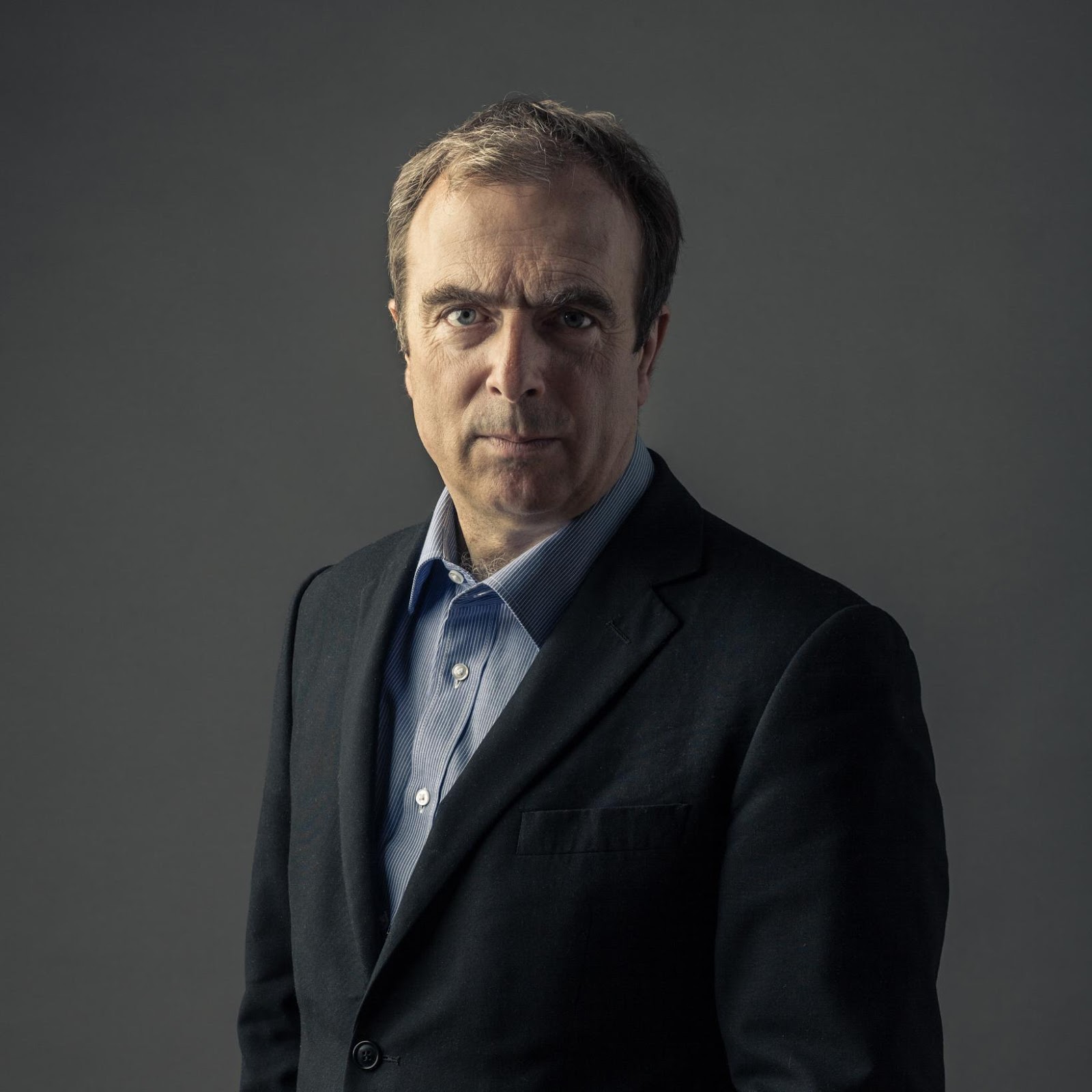Peter Hitchens is a name that often ignites debate and discussion. As a British author, journalist, and commentator, he has carved a niche for himself in the world of political analysis and social commentary. Known for his contrarian views, Hitchens regularly challenges mainstream narratives, making him a prominent figure in contemporary discourse. His unique approach combines rigorous argumentation with a touch of personal experience, allowing him to connect with readers on various levels.
Born into a politically charged environment, Hitchens's upbringing shaped his views and provided a fertile ground for his later work. He has gained notoriety through his columns in national newspapers, where his sharp wit and incisive critiques of societal norms have drawn both ardent supporters and fierce critics. Whether discussing politics, culture, or religion, Hitchens's insights are often provocative, prompting readers to rethink their assumptions and engage in deeper conversations about the issues at hand.
As we delve into the life and work of Peter Hitchens, it becomes clear that his contributions extend far beyond mere opinion. His writings reflect a commitment to exploring the complexities of human experience and the often contentious nature of public discourse. Join us as we explore the biography of this thought-provoking figure, his views on various subjects, and the impact he has had on modern thought.
What is the Biography of Peter Hitchens?
Peter Hitchens was born on October 28, 1951, in Salisbury, England. He is the younger brother of the late Christopher Hitchens, a well-known author and critic. Peter attended the University of Oxford, where he studied Philosophy, Politics, and Economics (PPE). His career began in journalism, and he has since worked for various publications, including The Daily Express and The Mail on Sunday.
| Personal Details | Bio Data |
|---|---|
| Name | Peter Hitchens |
| Date of Birth | October 28, 1951 |
| Place of Birth | Salisbury, England |
| Education | University of Oxford |
| Occupation | Journalist, Author, Commentator |
| Known For | Political Commentary, Controversial Opinions |
What Are Peter Hitchens's Main Views?
Peter Hitchens is known for his distinctive views on a range of topics, including politics, morality, and religion. His opposition to the liberal consensus is a recurring theme in his work. He often critiques modern secularism and advocates for a return to traditional values. Hitchens is also a staunch critic of the war on drugs, arguing that prohibition has failed and that a different approach is necessary.
How Does Peter Hitchens View Politics?
Hitchens's political views can be described as conservative, yet he does not shy away from criticizing Conservative Party policies when they align with his principles. He is skeptical of both the left and the right, often taking a nuanced approach to political discourse. Hitchens believes in the importance of national sovereignty and has spoken against the European Union, arguing that it undermines British democracy.
What Role Does Religion Play in Peter Hitchens's Philosophy?
Religion is a central theme in Hitchens's work. He identifies as a Christian, and his faith heavily influences his perspective on morality and ethics. He argues that the decline of religious belief in society has led to moral relativism and a lack of accountability. Hitchens advocates for the importance of a moral framework that aligns with traditional Christian values, viewing them as essential for societal well-being.
Why is Peter Hitchens a Controversial Figure?
Hitchens's bold assertions often provoke strong reactions, making him a controversial figure in public discourse. His views on sensitive topics such as immigration, drug policy, and social issues frequently clash with prevailing liberal ideologies. Critics accuse him of being out of touch with contemporary societal values, while supporters appreciate his willingness to challenge the status quo.
What Are Some Key Publications by Peter Hitchens?
Throughout his career, Hitchens has authored several notable books, each reflecting his unique viewpoint. Some of his key publications include:
- The Abolition of Britain: From Winston Churchill to Tony Blair - A critique of modern Britain and the changes in society over the decades.
- God Is Not Great: How Religion Poisons Everything - A response to the arguments presented by his brother, Christopher Hitchens.
- The War We Never Fought: The British Establishment's Surrender to Drugs - An exploration of the drug policy in the UK and its implications.
- Rage Against God: How Atheism Led Me to Faith - A personal account of his journey from atheism to Christianity.
How Has Peter Hitchens Influenced Modern Thought?
Peter Hitchens's influence extends beyond his writings. He is a prominent figure in public debates, often appearing on television and radio to discuss his views. His ability to articulate complex ideas clearly has resonated with many, allowing him to reach a diverse audience. Hitchens's contributions to discussions on morality, politics, and culture have encouraged many to engage more thoughtfully with these topics.
What Is Next for Peter Hitchens?
As Hitchens continues his work as a journalist and commentator, his insights will likely remain relevant in the evolving landscape of political and social discourse. He has expressed a commitment to challenging conventional wisdom and advocating for what he believes to be the truth. Whether through writing, public speaking, or engaging with audiences online, Peter Hitchens is poised to maintain his presence as a thought leader in contemporary society.
In conclusion, Peter Hitchens is a compelling figure whose contributions to political and social commentary invite both praise and critique. His willingness to question accepted narratives and advocate for traditional values sets him apart in a rapidly changing world. As we continue to navigate the complexities of modern discourse, Hitchens's perspective will undoubtedly remain a point of contention and discussion for years to come.


